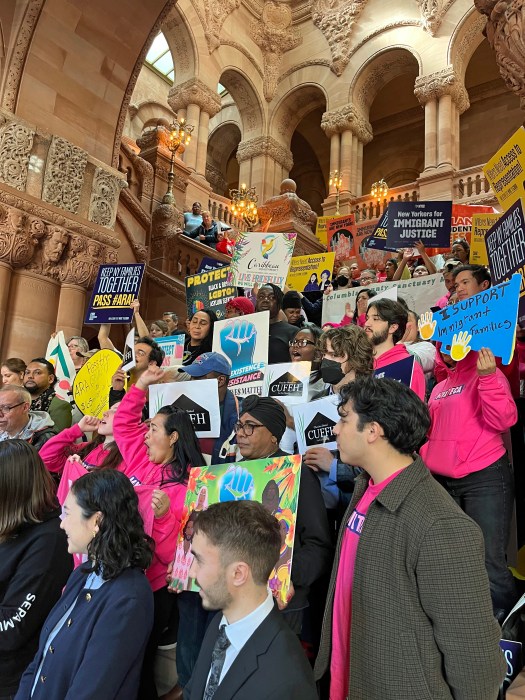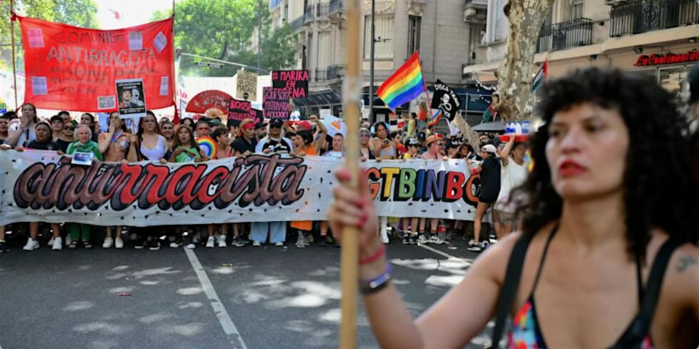Often private banks are unwilling to provide credit or offer higher interest rates on loans to certain borrowers. When private banks shut off credits to Caribbean, they negatively affect the community infrastructure, such as, housing and sidewalks upgrading, as well as Caribbean well-being.
With the 1934 Federal Credit Union Act, Congress established a market for securities of the United States, making available to people of small means credit for provident purposes. The Act established an administrative structure within the federal government for the supervision of credit unions. The National Credit Union Administration (NCUA) is an independent agency with responsibility for regulating and chartering federal credit unions. Thus, government regulatory oversight ensures that the funds are properly administered.
A credit union is member-owned, member-controlled, not-for-profit cooperative financial institution formed to permit groups of persons to save, borrow, and obtain related financial services, as well as to participate in its management. Credit Union capital comes from the savings and borrowing of its members; it would provide loans for upkeep of infrastructure, automobiles and other credit necessities. A credit union would provide New York City (NYC) Caribbean residents with a viable source for savings and borrowing.
According to the New York City Comptroller’s website, the number of foreign born from the Caribbean living in NYC is slightly over one (1) million residents, with the Dominican Republic (453,176), Jamaica (185,681), Guyana (140,340), Haiti (91,048) and Trinidad & Tobago (89,302) leading the way. When we include first and second generations of Caribbean born in the United States, the potential credit union members increase significantly.
Baruch College Zicklin School of Business (2017) estimated foreign-born Caribbean residents by country of birth as: 301,328 living in the Bronx, 276,733 in Brooklyn, 131,213 in Manhattan, 175,723 in Queens and 8,708 in Staten Island.
The NYC Planning indicated that median household income for Dominicans is $29,300, for Jamaicans $51,900, for Haitians $60,000, for Guyanese $60,000 and for Trinidadians $51,000. The median divides the household income distribution into two equal parts, one-half of the cases falling below the median and one-half above the median income (U.S. Census Bureau). Foreign born Caribbean reside in all NYC boroughs.
Caribbean residents in NYC would benefit from establishing a Caribbean Federal Credit Union (CFCU). If 10 percent of one million foreign-born Caribbean immigrants in NYC or 100,000 became members of CFCU and each saved an average of $1,200 per year or $100 per month; at the end of the first year the credit union assets would grow to $120,000,000 which would be loaned out to members at low interest rates. Loaned out funds accrue interest, which after accounting for operating expenses becomes membership dividends. If the interest rate charged on loans is 4 percent per year, yearly accrue interest on $100,000,000 loaned out funds would be, at a minimum, $4,000,000.
Increasing membership and levels of savings and borrowing would increase CFCU assets. Furthermore, even without membership or savings increases, at the end of the second year CFCU financial assets would double. Members that are merchants could develop a discount app to establish mutually beneficial relationships with CFCU members.
The ability of foreign-born Caribbean immigrants and their offspring to pool savings in a Federal Credit Union would be advantageous for them and the Caribbean community in New York City and elsewhere. It would provide a means to stabilize the credit structure in the Caribbean community.
For help on establishing a Federal Credit Union contact The Jethro Project Consulting Group.

























